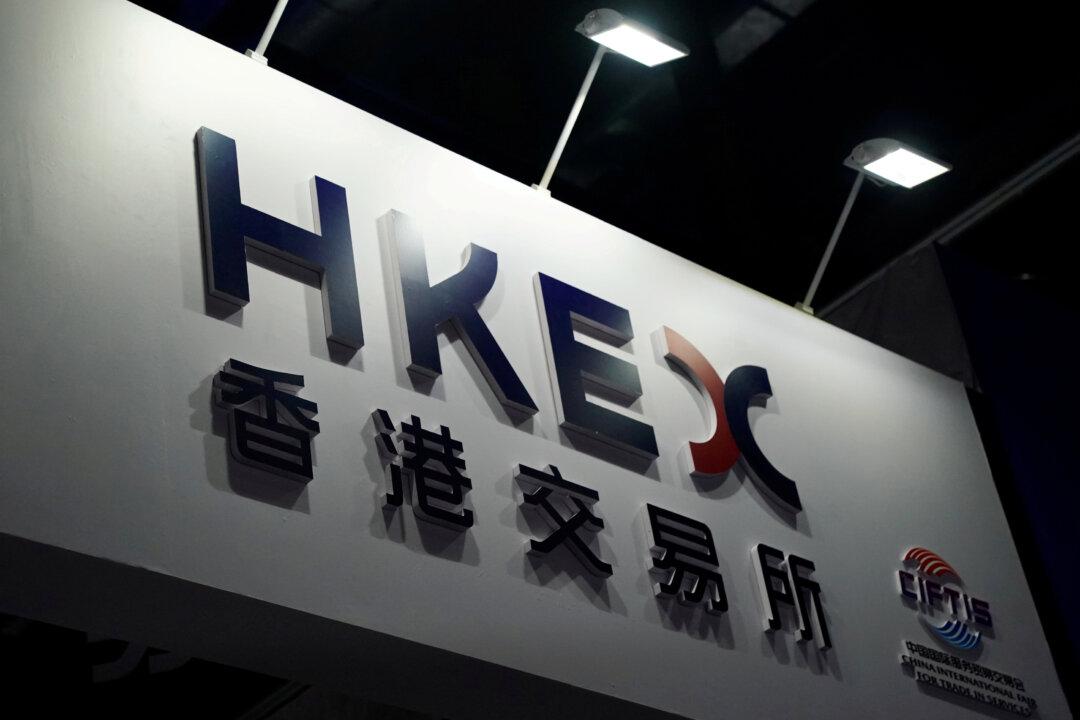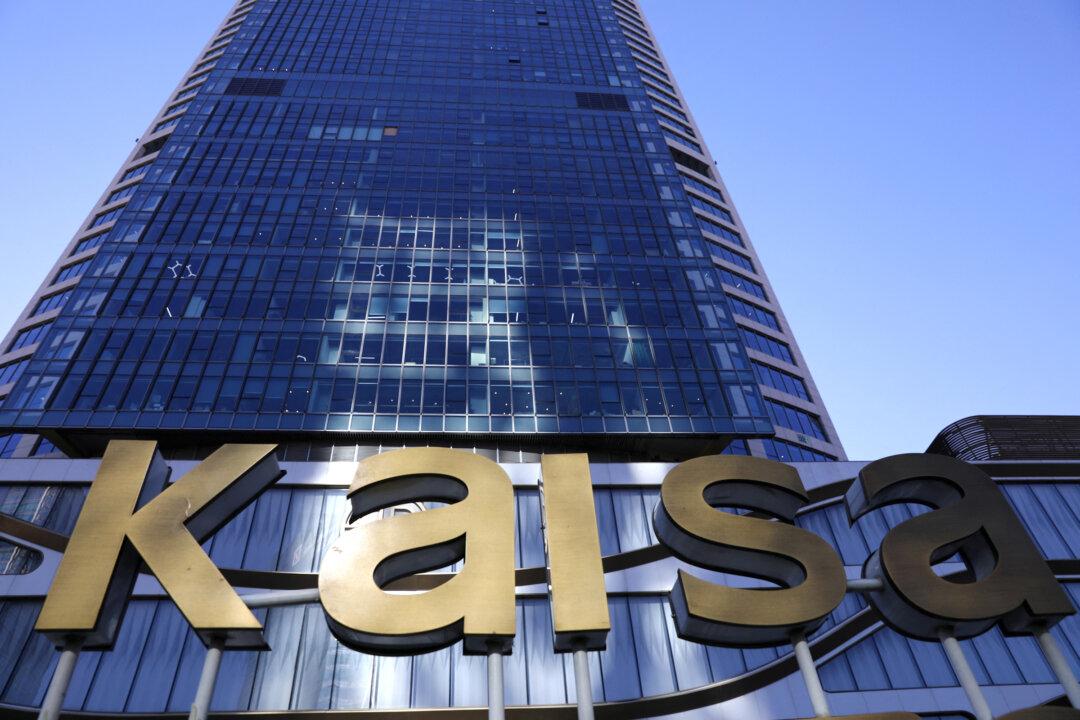A rising number of Chinese companies listed on Wall Street are under pressure to be cut off from U.S. capital markets due to poor performance and non-compliance with listing standards.
Beijing-based MMTec, Inc. announced on Jan. 28 that it got notification from Nasdaq’s Listings Qualifications Department as its common stock had been trading below $1 for 30 consecutive business days. The company was granted 180 days to revert to the minimum bid price requirement.




